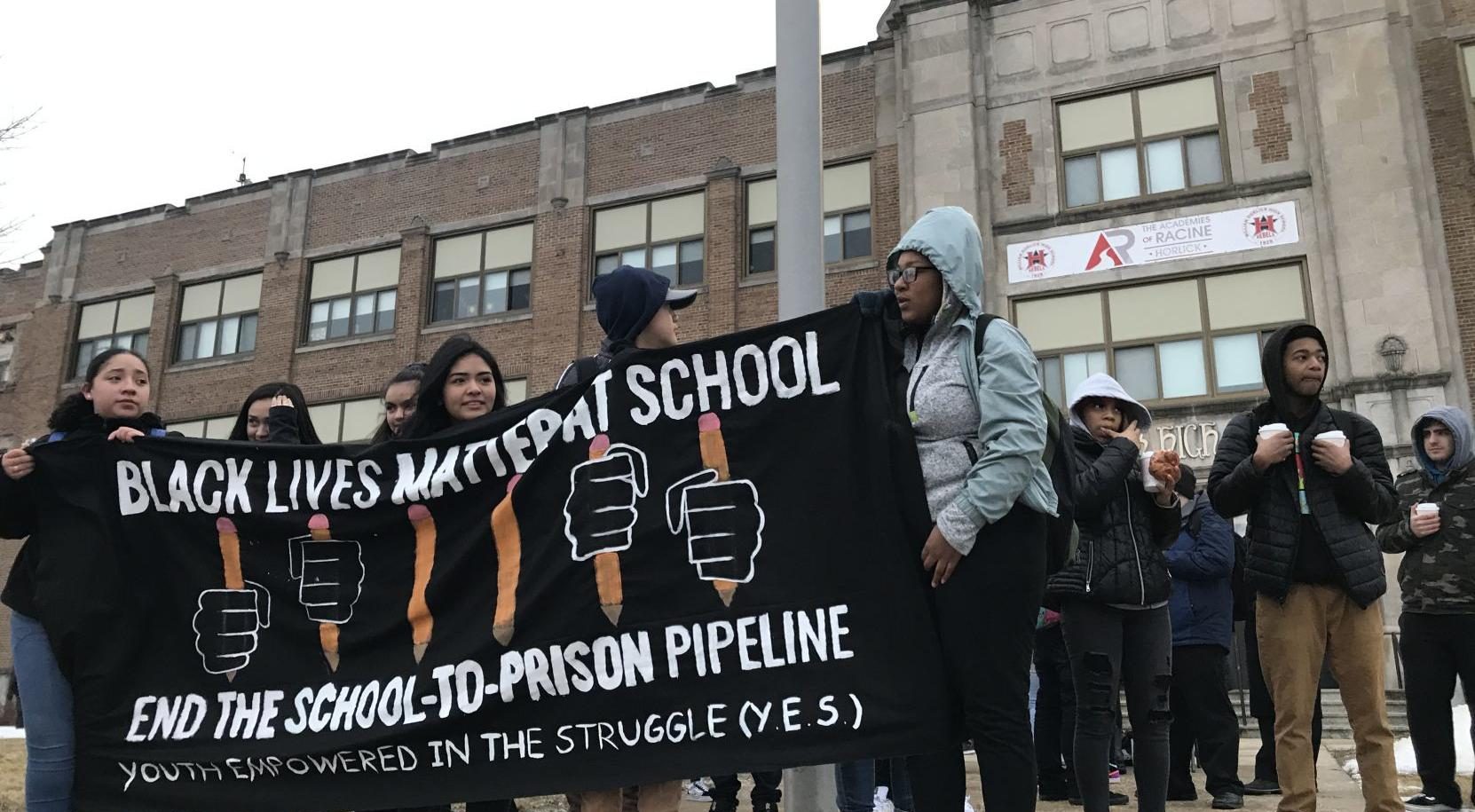In Minneapolis, students have attempted to take back the power of individuality by organizing against policies that contribute to the school-to-prison pipeline. Student protests have successfully influenced the school board to end the city’s school resource officers (SROs) contract with the Minneapolis Police Department in public schools, as well as helping schools to transition away from zero-tolerance policies toward restorative justice for students who have violated school rules. It is important to rethink how we police students’ behavior in schools because when we employ School Resource Officers (SROs) to over-police our students or enact zero-tolerance policies to deter students from making mistakes, we fail to recognize the power of our students as individuals (Love, 2019). Moreover, ending these policies is particularly important to LGBTQ+, BIPOC, and disabled students since these students are far more likely to fall victim to over-policing than their cishet, white, and able-bodied counterparts because these policies fail to be intersectional or recognize the lack of institutional power held by these groups (Love, 2019). In turn, these failings of the policies result in the school-to-prison nexus disproportionately affecting BIPOC, LGBTQ+, and disabled students from the over-policing and dropouts of these groups. Thus, we have an obligation to study how we can organize against and abolish the school-to-prison nexus policies that are so present in Minneapolis and across the country. Finally, understanding the role of abolitionist pedagogy to elevate individualized student decision-making will allow for greater student organizing both inside and outside of the classroom, which will lead to greater policy changes at a faster pace and provide students the best mechanism for abolishing the school-to-prison pipeline.
Building on Minneapolis-Based Student Organizing to Decrease the School-to-Prison Nexus
Professor Lauren Stark – Grassroots Organizing in Education
